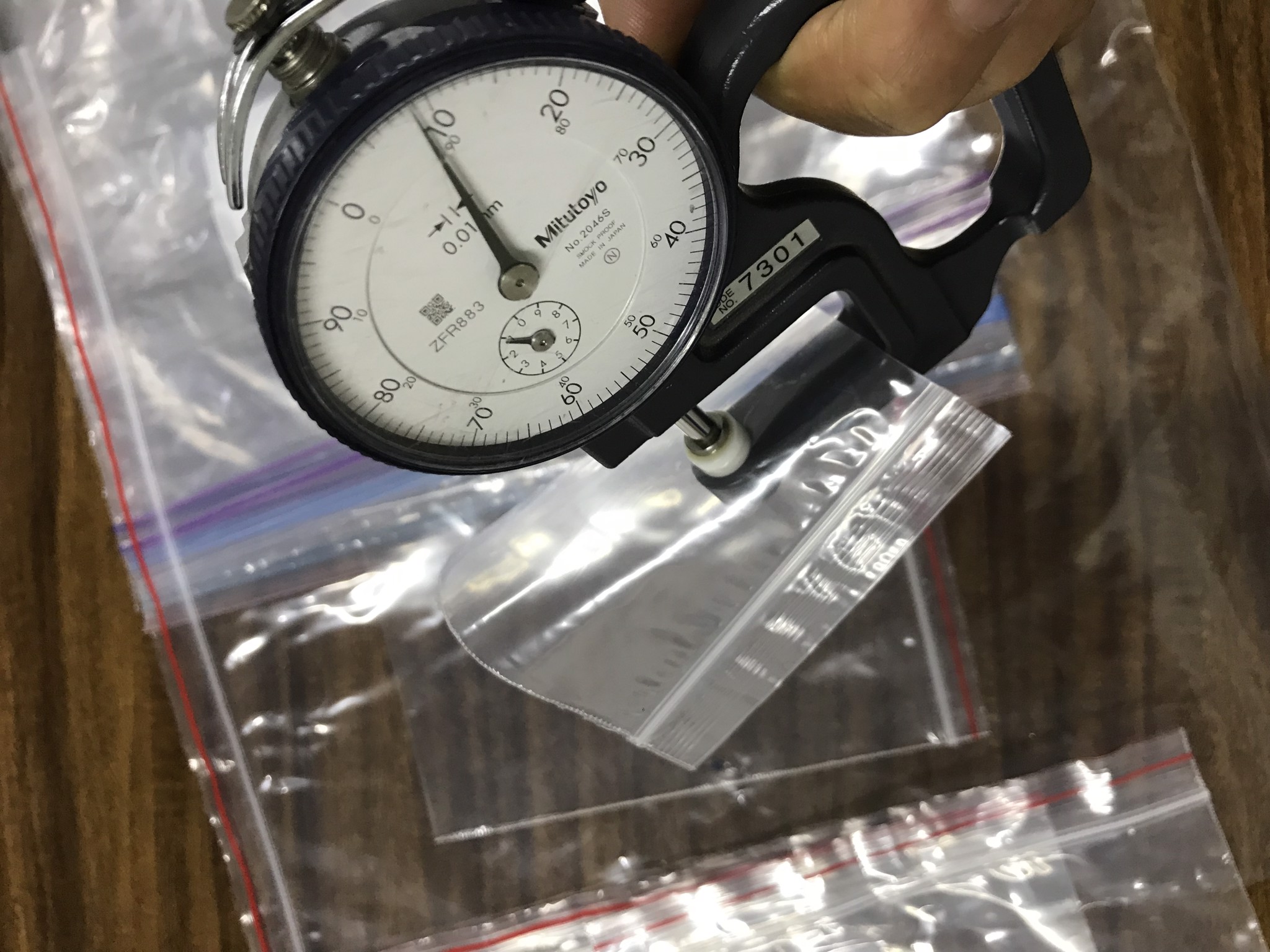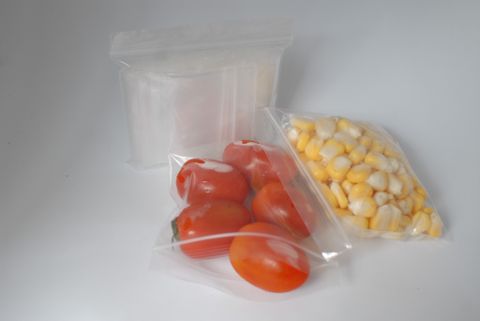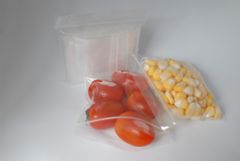
NewsDate: 15-10-2020 by: Anh Lê Tuấn
Plastic bags could be more eco-friendly than paper and cotton bags in certain cities, say researchers
By Thomas Parker 14 Oct 2020
Single-use plastic and reusable cotton bags were calculated to have a global warming potential more than ten times higher than reusable plastic bags

The team found single-use kraft paper bag had the highest global warming potential, more than 80 times than that of reusable plastic bags (Credit: Pixabay)
Plastic bags could be more eco-friendly than paper and cotton bags in cities like Singapore, according to a new study.
This follows on from research conducted by scientists from Nanyang Technological University, Singapore (NTU Singapore), who modelled the cradle-to-grave environmental impact of using different shopping bags in cities like Singapore.
Reusable plastic bags made from polypropylene non-woven plastic were seen as the most eco-friendly option, followed by single-use plastic bags.
The model revealed that cotton and kraft paper bags have relatively bigger environmental footprints because of their greater contribution to global warming and eco-toxicity potential in their production.
The NTU team did stress their model applied specifically to Singapore and might be applicable in cities such as Tokyo, Hong Kong, and Dubai.
Reusable and single-use plastic bags would be a comparatively better environmental option only in these cities, due to the model’s focus on densely populated metropolitan areas that have waste management structures with similar end-of-life incineration facilities.
NTU assistant professor Grzegorz Lisak, director of Residues & Resource Reclamation Centre at the Nanyang Environment and Water Institute who led the research, said: “Our main message is that reusable plastic bags are the best option, provided that they are re-used many times – over 50 times to be precise.
“However, one surprising conclusion is that, in our model, in a single-use case, plastic bags, if treated properly afterwards, are less environmentally detrimental than the other types of bags in this study.
“It is essential to evaluate the implications case by case for dealing with plastic waste.
“In a well-structured closed metropolitan waste management system with incineration treatment, using plastic bags may be the best option that is currently available, provided that there is no significant leakage of waste into the environment.”
Improving production methods could benefit the sustainability credentials of cotton and paper bags
The research team carried out a lifecycle analysis of five bag types to assess the environmental impacts of their production, distribution, transportation, waste collection, treatment, and end-of-life disposal.
They found single-use kraft paper bags have the highest global warming potential, more than 80 times than that of reusable plastic bags.
Single-use plastic and reusable cotton bags reused 50 times were calculated to have a global warming potential ten times larger than that of reusable plastic bags that were reused 50 times.

In the case of Singapore, the researchers recommend the use of reusable plastic bags to the greatest extent possible (Credit: Pixabay)
To offset the emission equivalent to equal the creation of one single-use plastic bag, a reusable plastic bag would need to be reused four times.
The team also observed that the relative negative environmental impacts of cotton and kraft paper bags in the model were due to the production processes that consume immense amounts of water and natural resources.
Therefore improving the production methods, optimising resource usage and following sustainable practices could in future favour using bags made from cotton and paper.
In the case of Singapore, the researchers recommend people use reusable plastic bags to the greatest extent possible to reduce the consumption of single-use plastic bags.



